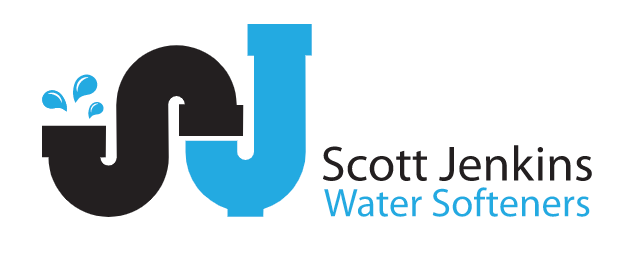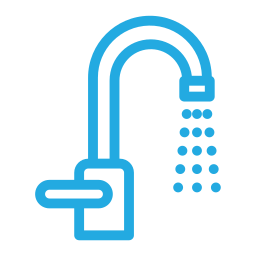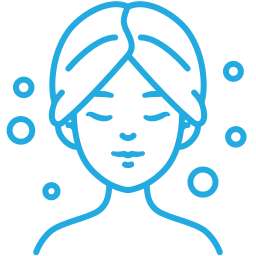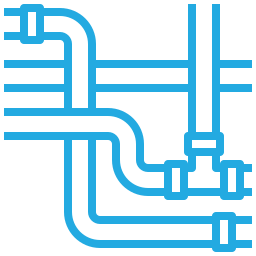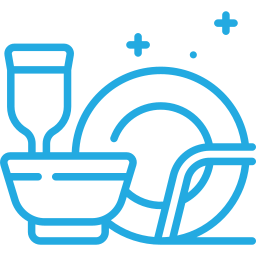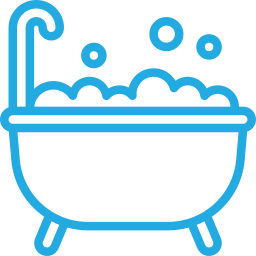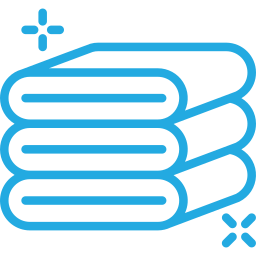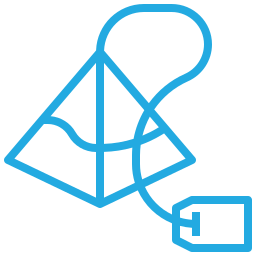Do we drink sewage water?
Short story | Full story | Conclusion
-
Our tap water doesn’t currently contain sewage
-
Water authorities working on “toilet-to-tap” systems
-
Plans to treat lavatory sewage to make it drinkable by 2030
-
It may appear in the Thames Water region by 2025
-
Idea linked to climate change induced water shortages
-
Rivers already toxically polluted
-
More important than ever to only drink filtered water
Although our tap water doesn’t contain lavatory waste sewage, the Environment Agency says plans are in place to have “toilet-to-tap” drinking water in place by 2030. Thames Water may be even quicker off the mark, with recycled toilet water possible by next year.
The aim is to collect toilet water from rivers close to water processing plants and treat it so that it is fit to drink. The head of the Environment Agency admits the idea might be unpopular but something we’ll have to get used to, given the likelihood of more frequent water shortages in future, due to climate change.
Scott Jenkins, boss of Scott Jenkins Water Softeners, says the idea sounds alarming. He continues to urge consumers to have water filters installed in their homes, as this is the only way to ensure that you are drinking pure and safe water.
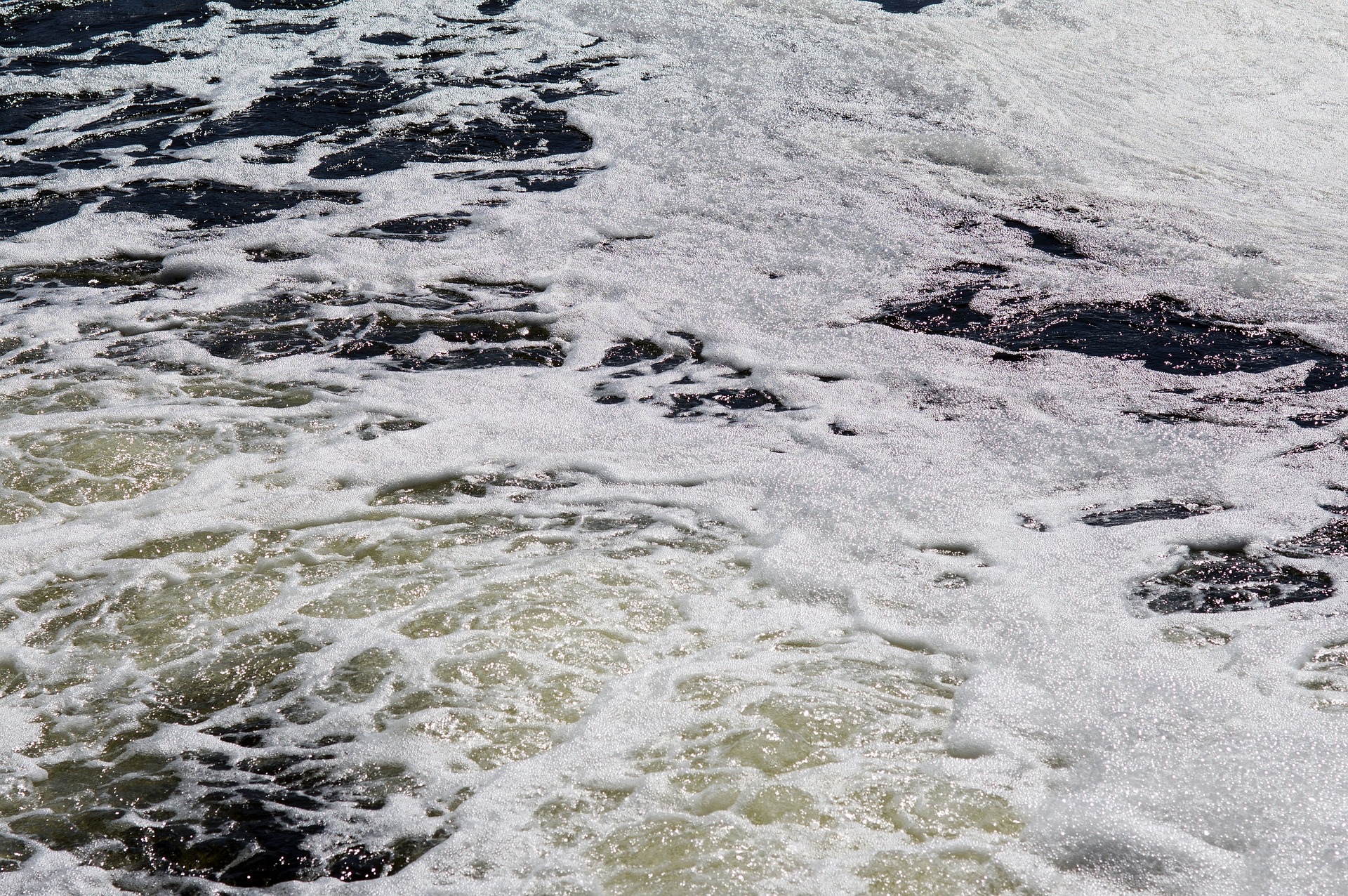
The full story
The short answer is – no. We aren’t currently having to drink sewage water. The water coming out of our kitchen and bathroom taps hasn’t previously been flushed down the lavatory.
But this could all be about to change…
It might not whet your appetite to learn this, but our water companies are seriously assessing the idea of “toilet-to-tap” systems. They propose to treat lavatory sewage and transform it into drinking water.
The plans are for toilet water to be collected from rivers running close to treatment plants and then process it, so that it’s safe to consume.
In light of the recent front-page headlines that many of our contaminant-ridden rivers pose life-threatening health risks, might toilet water simply be putting undue pressure on our already under-threat waterways?
Quite possibly.
Even so, the “toilet-to-tap” process could be widely in place by 2030. More imminently, Thames Water is aiming to implement a wastewater recycling scheme by next year, which will include toilet waste in tap water.
The head of the Environment Agency, Sir James Bevan, has admitted that the “toilet-to-tap” idea will be “unpopular.” But he has been quoted as saying that it would help protect the country’s water supply, especially in the face of climate change and increased threat of drought.
Toilet water is not what “people fancy”
Admitting that drinking reprocessed toilet water wasn’t “something many people fancy”, Sir James wrote that people need to “change the way they think about water”, and “treat it as a precious resource, not a free good”.
He stated: “We need to remember where it comes from: when we turn on the tap, what comes out started in a river, lake or aquifer. The more we take, the more we drain those sources and put stress on nature and wildlife.
“If we are going to get there, we are all going to have to think differently. Some of these measures will be unpopular, so future governments will need to show political will,” he wrote.
In sharp contrast to these comments, just last month, the UK papers were full of stories about the dreadful state of Britain’s rivers, following an investigation by the UK Health Security Agency (UKHSA). Across the country, the Agency uncovered a series of shocking examples of waterways containing toxic, life- threatening substances. These included traces of e.coli bacteria, viruses, toxic chemicals and even radioactive substances.
If the UK is going down the road of turning sewage into drinking water, however, there is a precedent to what is potentially coming our way. We can always turn to Singapore for reassurance.
The south-east Asian island country’s water agency has recently launched a new type of beer – called NEWbrew – which is made from liquid recycled from sewage. Widely sold in bars and supermarkets, it was seen as an innovative solution to Singapore’s water scarcity issues.
Drinking water quality is already poor
Nevertheless, Scott Jenkins described the “toilet-to-tap” plans as alarming. “The quality of our drinking water is poor, if not downright dangerous,” he said. “If the authorities are now looking to fill our rivers and lakes with sewage, which they claim will be safely reprocessed so that it’s safe to drink, I think the public will find this all very alarming.”
He reiterated the importance of drinking only filtered water. “Avoid drinking tap water altogether – it simply isn’t safe,” he advised. “If you already have a filter tap at home, that’s great. But if you are still relying on drinking mains water or you are regularly buying bottled water, our advice is to have a filter tap installed.
“Without doubt, this will provide you with the purest safest drinking water. First and foremost, it’s healthy. Secondly, it won’t take long to recoup the cost of buying ridiculously expensive bottled water, which is also predominantly sold in dangerous plastic containers.”
Conclusion
Britain’s rivers are polluted enough already. But now we hear of plans to introduce lavatory sewage into our waterways. It makes it even more important to stay away from drinking tap water from the mains supply.
If you have any concerns about the quality of your drinking water, Scott Jenkins Water Softeners should be your first port of call. We are one of the leading providers of high-quality water softeners, water filtration and purification systems for homes and small businesses across West Sussex, East Sussex, Surrey, Hampshire, Dorset and London.
For all enquiries, call SJ Water Softeners on 01243 607494 or via email: scott@sjbs.info
